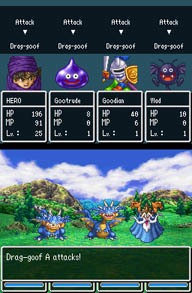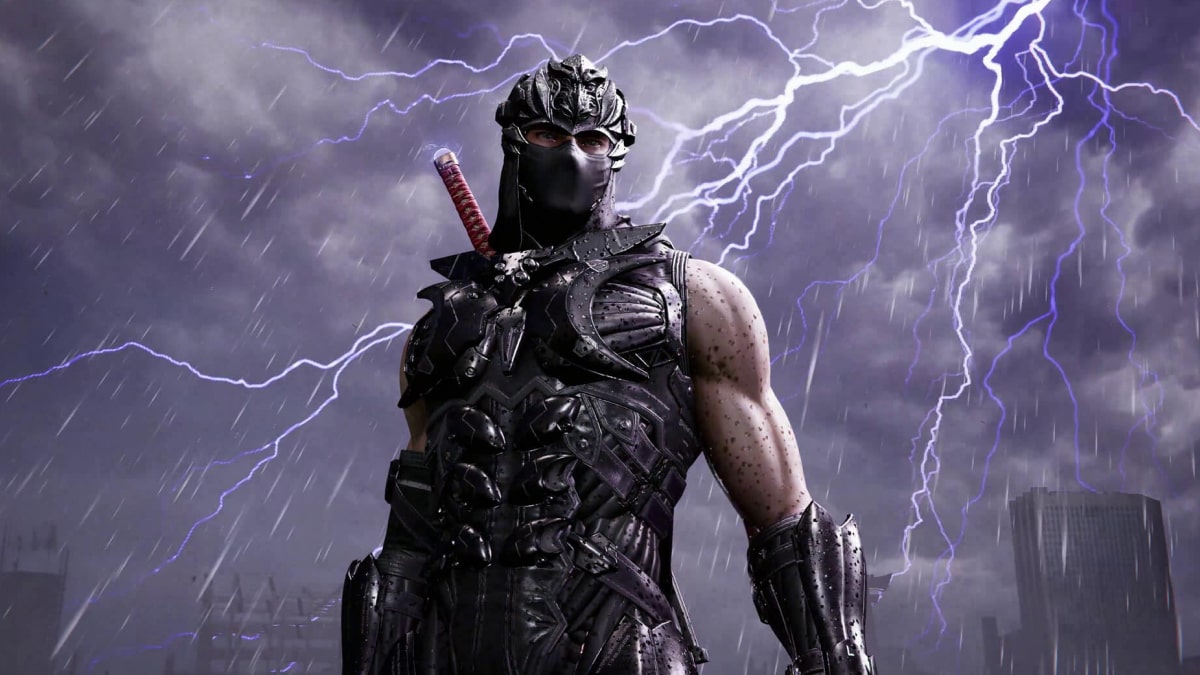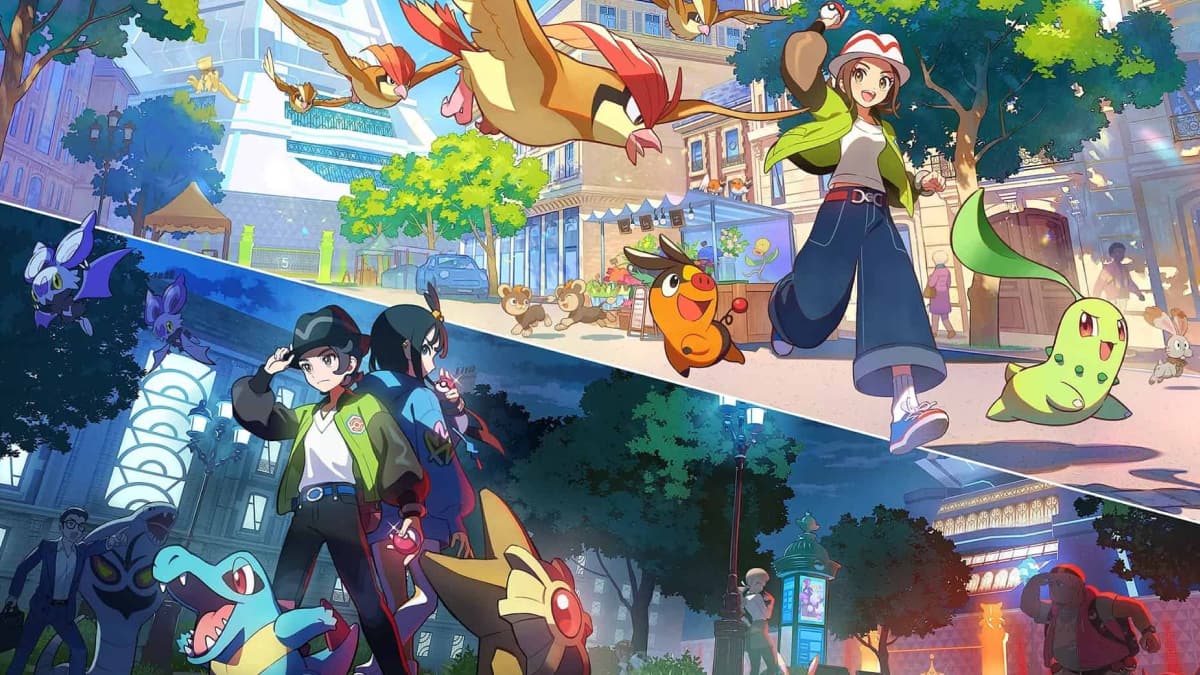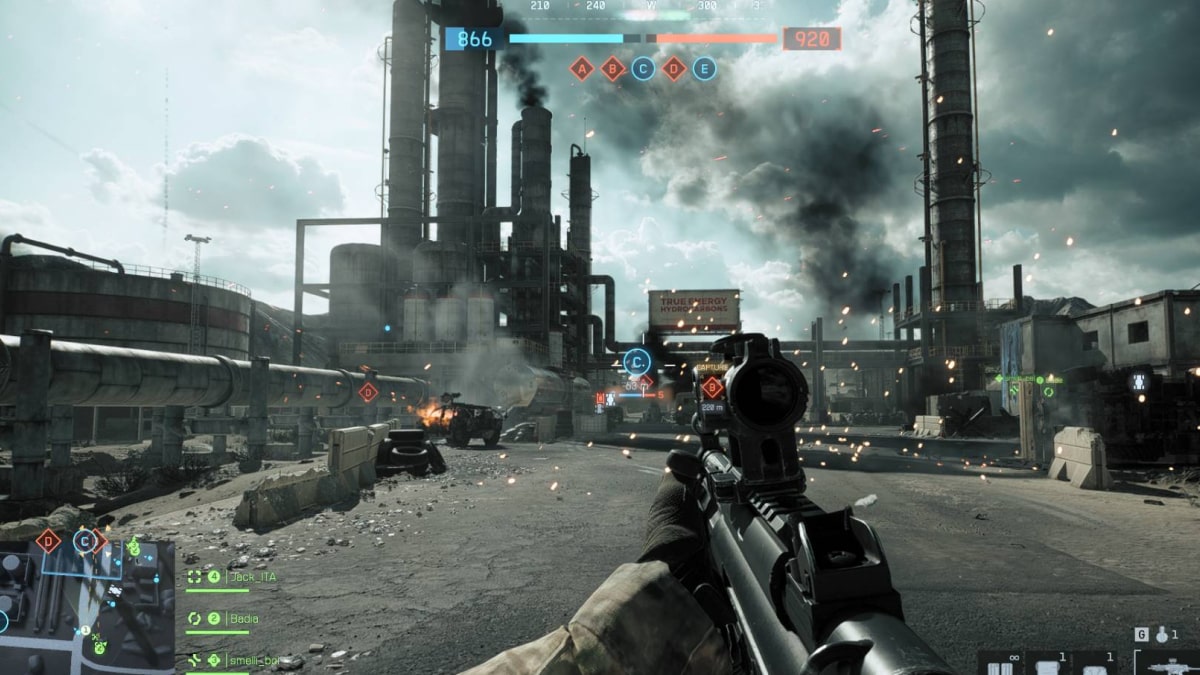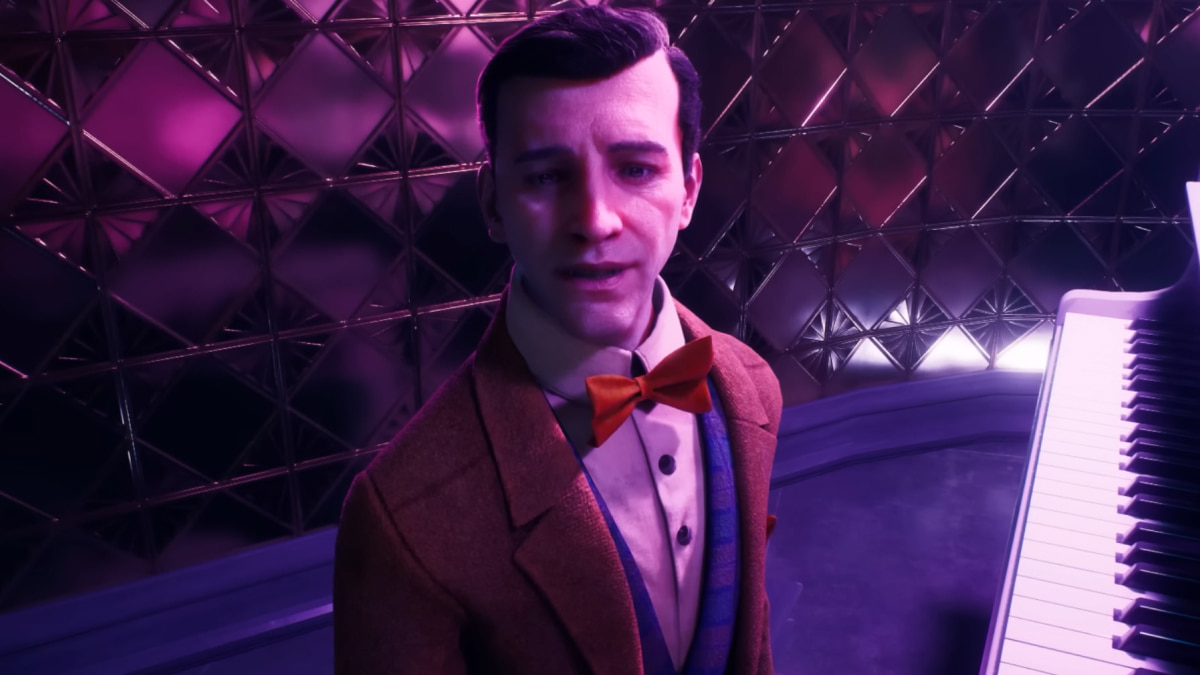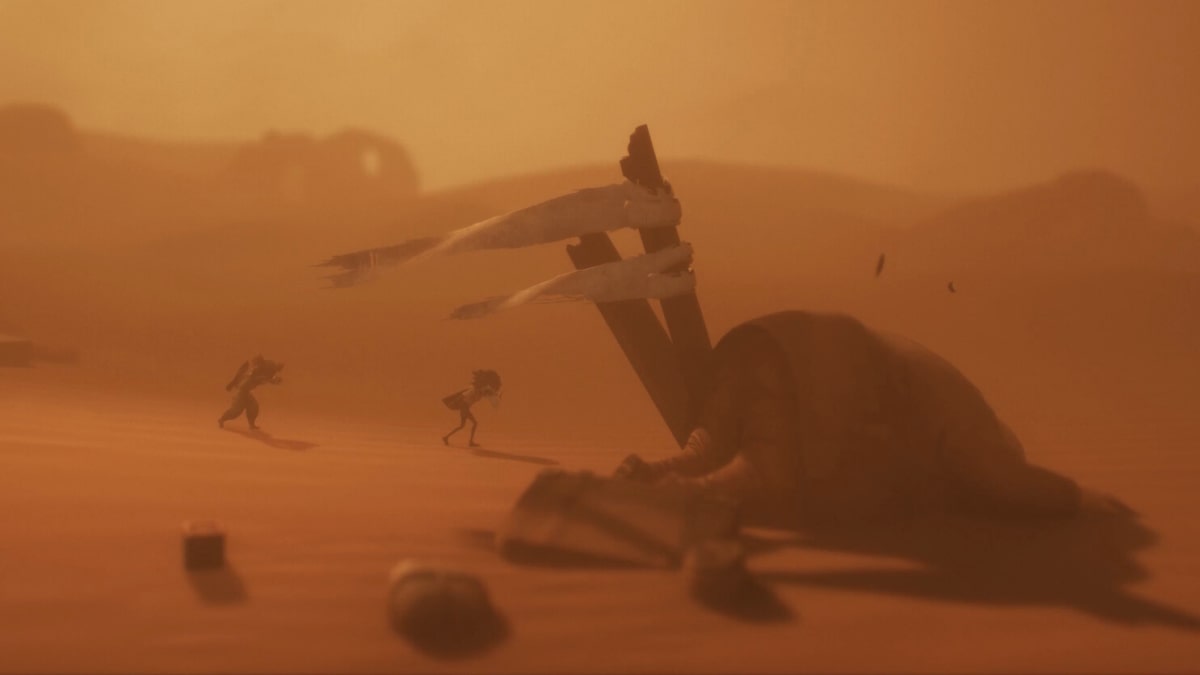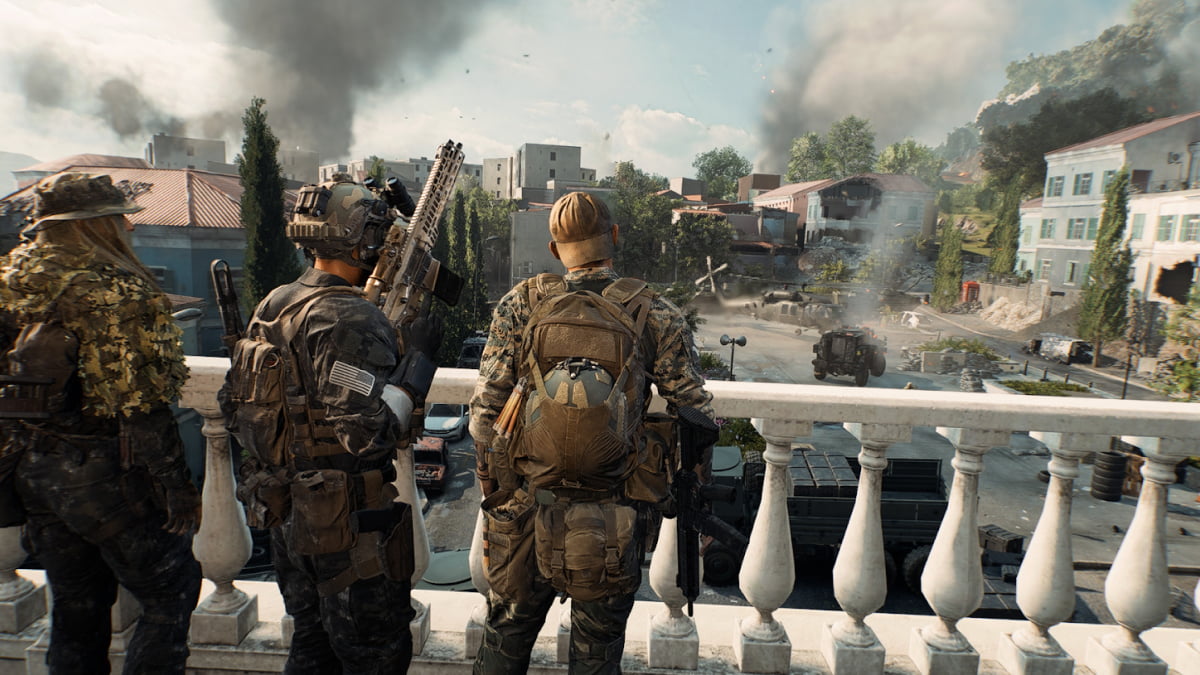You can trust VideoGamer. Our team of gaming experts spend hours testing and reviewing the latest games, to ensure you're reading the most comprehensive guide possible. Rest assured, all imagery and advice is unique and original. Check out how we test and review games here
Finally, 17 years after it was released in Japan on the SNES, or the Super Famicom as they call it, Dragon Quest 5 has jumped aboard the Square Enix/DS love train to the west, following classic 90s JRPGs Chrono Trigger and Dragon Quest 4 onto Nintendo’s dual screened wonder.
Dragon Quest 5, called Dragon Quest: The Hand of the Heavenly Bride for the western DS release, plays very similarly to The Chapters of the Chosen (DQ4) and uses the classic, love ’em or hate ’em JRPG mechanics to cement its foundations. So, you’ve got random battles, first-person turn-based fighting, party-based overworld exploration, an archaic save system, a young male lead, magic, swords, medieval knights in shining armour and brutally unforgiving, grinding gameplay. All these features are hallmarks of the Dragon Quest series, and, in some cases, hallmarks of the JRPG genre. And you’ll either love the idea of devoting 30 hours of your life to the 16-bit adventure, or avoid it like the plague.
The Hand of the Heavenly Bride’s story encompasses the entire life of the hero, named as you see fit, from birth to, well, we won’t spoil it. Your first few hours with the game will be spent as a six-year-old boy who finds himself exploring a peaceful land as his father lies sick with illness in the local inn. The game positively screams hardcore JRPG from the off. Early on you’re required to sneak into a haunted castle at night along with a little girl, Bianca, and kill a number of troublesome ghosts who are preventing the previous residents from resting in peace. It’s almost impossible to complete this section without grinding your party up a significant number of levels beforehand. The lack of a proper map just exacerbates the feeling that the game is simply too damn hard. This is a brick wall of immense proportions, and you’d be forgiven for simply giving up out of frustration and boredom. But this is how role-playing games of the early nineties were made. This was deliberate and if you’re going to get some enjoyment out of the game, you’re going to have to get used to this fact.
Like DQ4, the archaic save system forces you, on the whole, to save only in town churches. While you can save while travelling on the world map, the game forces you to shut your DS off when you do so – making adventuring much more of a chore than it really needs to be because it’s nigh on impossible to recover life and mana out in the field. When your party does get wiped out, and trust us, it will get wiped out, often, you will be revived at the last place you saved, usually in a church miles away, and with the amount of cash in your pocket halved. From there you have to travel all the way back to where you died, and face all those random battles all over again.
Fans of The Chapters of the Chosen won’t be surprised by this in the slightest. Indeed they’ll find The Hand of the Heavenly Bride instantly familiar, perhaps too familiar. At first there’s little to distinguish between the two titles. After about five or so hours of play, however, the game starts to show its true colours. You can recruit monsters into your party, a first for the series, which adds a layer of strategic depth to the simplistic combat that DQ4 simply didn’t have. Different monsters have different abilities, allowing you to customise your four-character party to a much greater level than in previous DQ games. DQ5’s monster hunting mechanic laid the groundwork for similar “gotta catch ’em all!” games that followed. Pokemon and Nintendo owe much to this title.
Where Chapters of the Chosen followed the adventures of four distinctly different characters in four distinctly different chapters, which combined in a gripping finale, The Hand of the Heavenly Bride takes in almost the entire life of a single hero. After five or so hours of play the plot jumps ten years into the future. The hero has spent a decade in slavery and, in true Conan the Barbarian style, has grown up big and strong. You return to areas visited as a six-year-old and find them changed, disfigured. It’s at points like these that the game rekindles memories of the incredible time-travelling JRPG epic Chrono Trigger. The Hand of the Heavenly Bride doesn’t come close to reaching the brilliance of that game, and, for me, it’s not as good as The Chapters of the Chosen either, but it’s cleverly structured, has a predictably captivating Koichi Sugiyama score, and the entrancing, charm-filled yarn, complete with a surprising amount of tear-jerking plot twists, will stay long in the memory nonetheless. You can even get married and have kids.
As with The Chapters of the Chosen, this DS remake includes new 3D graphics, again from ArtePiazza, that first-time DQ players will definitely appreciate. While exploring towns you’re able to move the camera with the shoulder buttons, useful because it reveals doors and other bits of the environment you’d never have know were there otherwise. The monsters in the game also have a 3D lick of paint, making battles much easier on the eyes. Still, the game won’t blow you away – it’s got nothing on The Legend of Zelda: Phantom Hourglass – and is still very much the game it was in 1992. DQ5 unmistakeably feels old.
This is the crux, really. If you fancy a punt on The Hand of the Heavenly Bride, you’d better know what you’re getting in to. If you love early 90s JRPGs, or loved The Chapters of the Chosen, then you’ll be fine, and will easily sink a good 30 hours of your life into the game. If the idea of random battles, saving only at far away points and sink or swim gameplay gives you the fear, however, steer clear. Get the more accessible Chrono Trigger instead. Still, the entrancing storyline and compelling combat make it all worthwhile. Roll on the DS release of DQ6.

/https://oimg.videogamer.com/images/3524/dragon_quest_hand_of_the_heavenly_bride_21.jpg)
